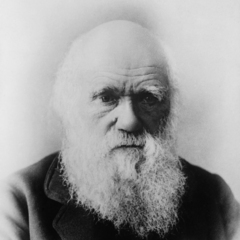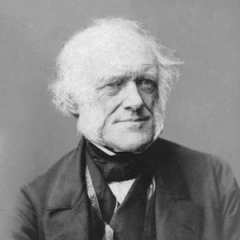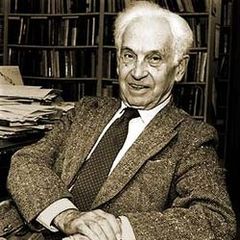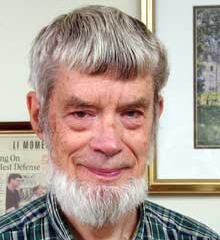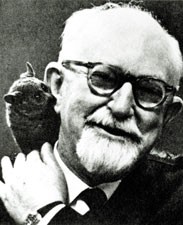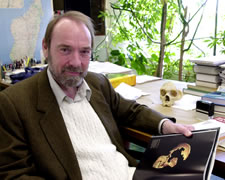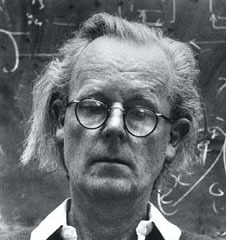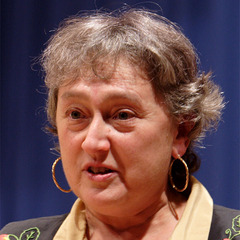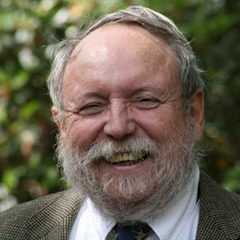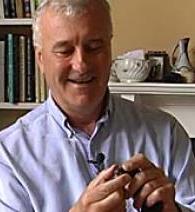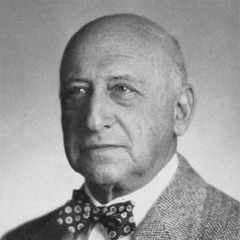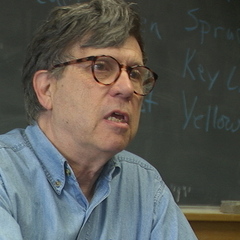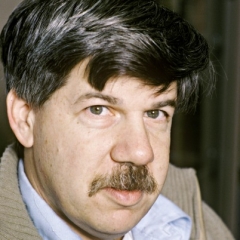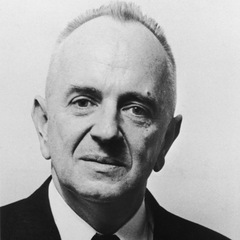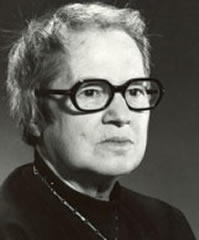Niles Eldredge quotes
-
“Paleontologist Niles Eldredge, a prominent evolutionist, said: 'The doubt that has infiltrated the previous, smugly confident certitude of evolutionary biology’s last twenty years has inflamed passions.' He spoke of the 'lack of total agreement even within the warring camps,' and added, 'things really are in an uproar these days . . . Sometimes it seems as though there are as many variations on each [evolutionary] theme as there are individual biologists.'”
-- Niles Eldredge -
“Paleontologists ever since Darwin have been searching (largely in vain) for the sequences of insensibly graded series of fossils that would stand as examples of the sort of wholesale transformation of species that Darwin envisioned as the natural product of the evolutionary process. Few saw any reason to demur - though it is a startling fact that ...most species remain recognizably themselves, virtually unchanged throughout their occurrence in geological sediments of various ages.”
-- Niles Eldredge -
“The observation that species are amazingly conservative and static entities throughout long periods of time has all the qualities of the emperor's new clothes: everyone knew it but preferred to ignore it. Paleontologists, faced with a recalcitrant record obstinately refusing to yield Darwin's predicted pattern, simply looked the other way.”
-- Niles Eldredge -
“Darwin's prediction of rampant, albeit gradual, change affecting all lineages through time is refuted. The record is there, and the record speaks for tremendous anatomical conservatism. Change in the manner Darwin expected is just not found in the fossil record.”
-- Niles Eldredge -
-
“And it has been the paleontologist- my own breed-who have been most responsible for letting ideas dominate reality: ...We paleontologist have said that the history of life supports that interpretation [gradual adaptive change], all the while knowing that it does not.”
-- Niles Eldredge -
“One measure of the greatness of a work is that the characters who play roles in the narrative feel its essential truth. As someone who is proud to have been there during much of the action David Sepkoski describes, I give his description and analysis of the history of paleobiology a five-star rating; to my mind, this actually was the way it was.”
-- Niles Eldredge -
“If it is true that an influx of doubt and uncertainty actually marks periods of healthy growth in a science, then evolutionary biology is flourishing today as it seldom has flourished in the past. For biologists collectively are less agreed upon the details of evolutionary mechanics than they were a scant decade ago. Superficially, it seems as if we know less about evolution than we did in 1959, the centennial year of Darwin's on the Origin of Species.”
-- Niles EldredgeSource : Niles Eldredge (2014). “Time Frames: The Evolution of Punctuated Equilibria”, p.14, Princeton University Press
-
“The expectations of theory colour perception to such a degree that new notions seldom arise from facts collected under the influence of old pictures of the world. New pictures cast their influence before facts can be seen in a different perspective.”
-- Niles Eldredge -
-
Source : Abolqasem Ferdowsi (2016). “Shahnameh: The Persian Book of Kings”, p.87, Penguin
-
Source : A.M. Homes (2012). “The Mistress's Daughter: A Memoir”, p.93, Granta Books
You may also like:
-
Charles Darwin
Naturalist -
Charles Lyell
Lawyer -
David M. Raup
Paleontologist -
Ernst Mayr
Biologist -
Ian Tattersall
Curator -
John Maynard Smith
Geneticist -
Lynn Margulis
Biologist -
Michael Denton
Author -
Michael Ghiselin
Evolutionary Biologist -
Michael Ruse
Philosopher -
Richard Fortey
Writer -
Richard Lewontin
Evolutionary Biologist -
Stephen Jay Gould
Paleontologist -
Theodosius Dobzhansky
Geneticist -
Marjorie Grene
Philosopher
